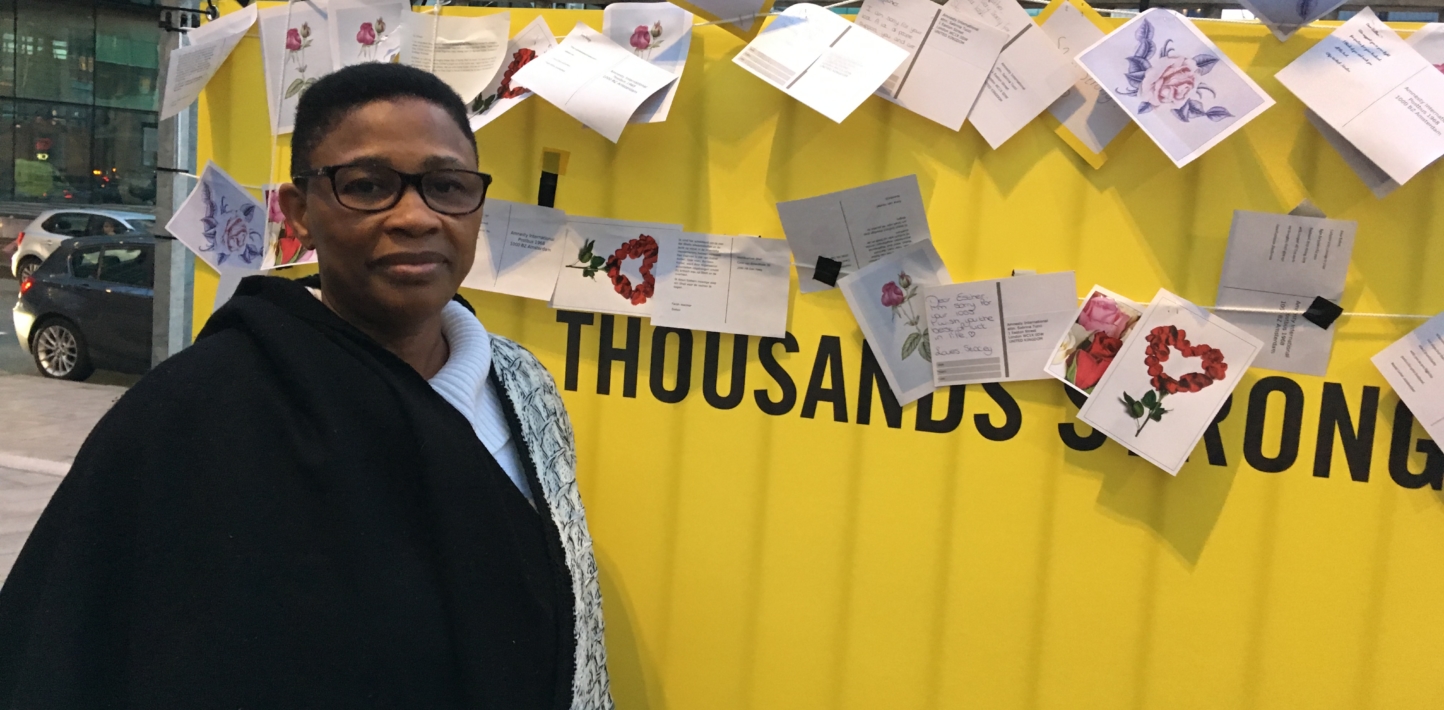Esther Kiobel has been fighting for a long time to hold those accountable who are responsible for the unlawful killing of her husband Dr Barinem Kiobel and 8 other men in 1995 in Nigeria. The struggle is ongoing.
It took two decades, only for her to be allowed to give testimony of what happened in that unfair trial in 1995 and what role the oil company Shell played in the events.
In her open letter to the EU Commissioners Breton and Reynders, Esther Kiobel reflects on her fight and the obstacles to seek justice in courts. As the European Commission is working on a legislation establishing a corporate duty to respect human rights and carry out due diligence, Esther Kiobel is urging the Commissioners to ensure that victims of corporate human rights abuse linked to European companies have effective access to justice and remedy, so that no victim will have to wait again for years until the wheels of justice turn.
This week, it is the tenth anniversary of the adoption of the UN Guiding Principles on Business and Human Rights, which articulate the conduct expected from business enterprises in order to discharge their human rights responsibilities. The UN Guiding Principles are also clear about states’ obligation to ensure, including through legislation, that business enterprises don’t harm others and that in case of harm, victims are provided access to effective remedy.
It is high time for the European Union to act and to implement these principles into European law. The forthcoming legislation on Sustainable Corporate Governance seems promising to a certain extent. But it will become an effective tool for victims only, if it provides grounds for legal action against European companies who or the entities they control caused or contributed to harm and if procedural hurdles are removed (for more background please use this link).


